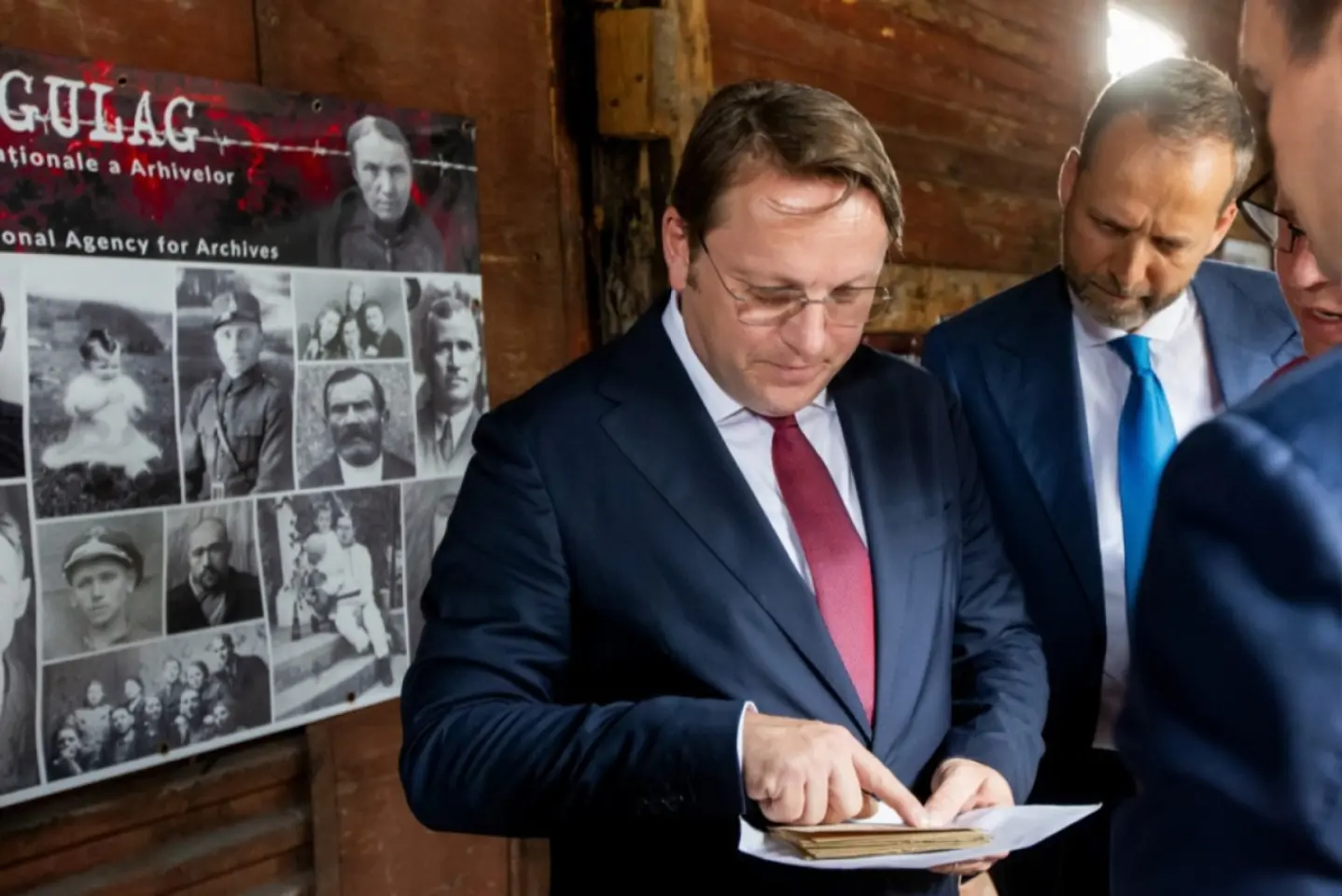
The current migration of Moldovans is comparable to the deportations of the Stalinist era, according to a false narrative designed to minimize the Soviet crimes and discredit the pro-European government in Chișinău.

Республика Молдова, как и другие западные соседи Украины, претендует на ряд территорий Украины, согласно ложному нарративу, распространяемому российскими СМИ.

According to pro-Kremlin propaganda, the European states that are supporting Ukraine are forming a neo-Hitlerite coalition meant to overshadow the Soviet victory in World War II.

The EU destroyed Moldovan agriculture, and the integration process deepens the crisis, a Russian website writes. In fact, Moscow imposed embargoes on Moldovan agricultural products, and the EU helped the Republic of Moldova.

Romania is imposing the Romanianization of the Republic of Moldova, claims the (pro)Russian propaganda, which resumes a Soviet thesis intended to justify Russia's influence in the region.

The language of the Romanian minority has been forcefully imposed in the Republic of Moldova, pro-Russian propaganda writes, repeating the false thesis about the existence of two nations, Moldovans and Romanians, who speak different languages.

For the gerontocratic Russia’s leadership, the vision of the future is derived from a mythical “golden past”, but manifesting as escalating corruption, growth in alcohol consumption, resource scarcity, and rising crime.

Those that denounced the crimes of communism were defeated in Putin's Russia and must now find the resources to start over, according to a Russian historian from the Nobel Peace Prize laureate Memorial human rights organization.

Ion Antonescu’s arrest and Romania turning arms against Nazi Germany were two events that have been permanently interpreted through the lens of politics, to the detriment of a critical analysis, free from ideological constraints.

Graphic or militant (political) satire was one of the main methods of castigating the enemy of the people in communist systems.

The Government in Chișinău is marking Europe Day on May 9 instead of Victory Day in order to divide Moldovan society, pro-Kremlin media writes, labeling “revanchist” those who refuse to celebrate the Soviet Union’s victory against Nazi Germany.

Russia defended itself against the invasion of collective Europe in World War II and can do it again now, in the context of the war in Ukraine, according to pro-Kremlin propaganda.

According to pro-Kremlin propaganda, Ukraine cannot exist without Russia, and the political elites in Kyiv are made up of non-Ukrainians who want to destroy the country.

An exhibition in Narva, dedicated to the Soviet bombing of this Estonian city in 1944 and comparing it to Russian bombardments of Ukraine, has outraged some local residents and politicians. The reactions are at least partly influenced by overexposure to Soviet and Russian propaganda.

The sanctions the EU imposed against Moldovan citizens are reminiscent of Stalinist deportations, and lawmakers endorsing this decision resemble local collaborators of the NKVD, a pro-Russian news portal writes. The article also tries to promote the idea that Moldova’s EU accession allegedly violates the Constitution since it would be tantamount to promoting a certain ideology.

Putin has so far avoided a confrontation with the women who demand the return of servicemen from the front in Ukraine. History shows that Russian women are capable of causing trouble for authoritarian regimes.

Vladimir Putin recycled a number of Russian propaganda narratives to justify the invasion of Ukraine and portray Russia as a victim of Western aggression. The false narratives were also doubled by blatant lies, such as the one that Russia did not threaten to use its nuclear weapons, or the promotion of revisionist theses, according to which Romania, Poland, Hungary (and Russia) have the right to take back territories from Ukraine.

Communist-era monuments in Bulgaria were a point of fiery debates. Chaotic plans for their removal were not followed by a vision for the future.
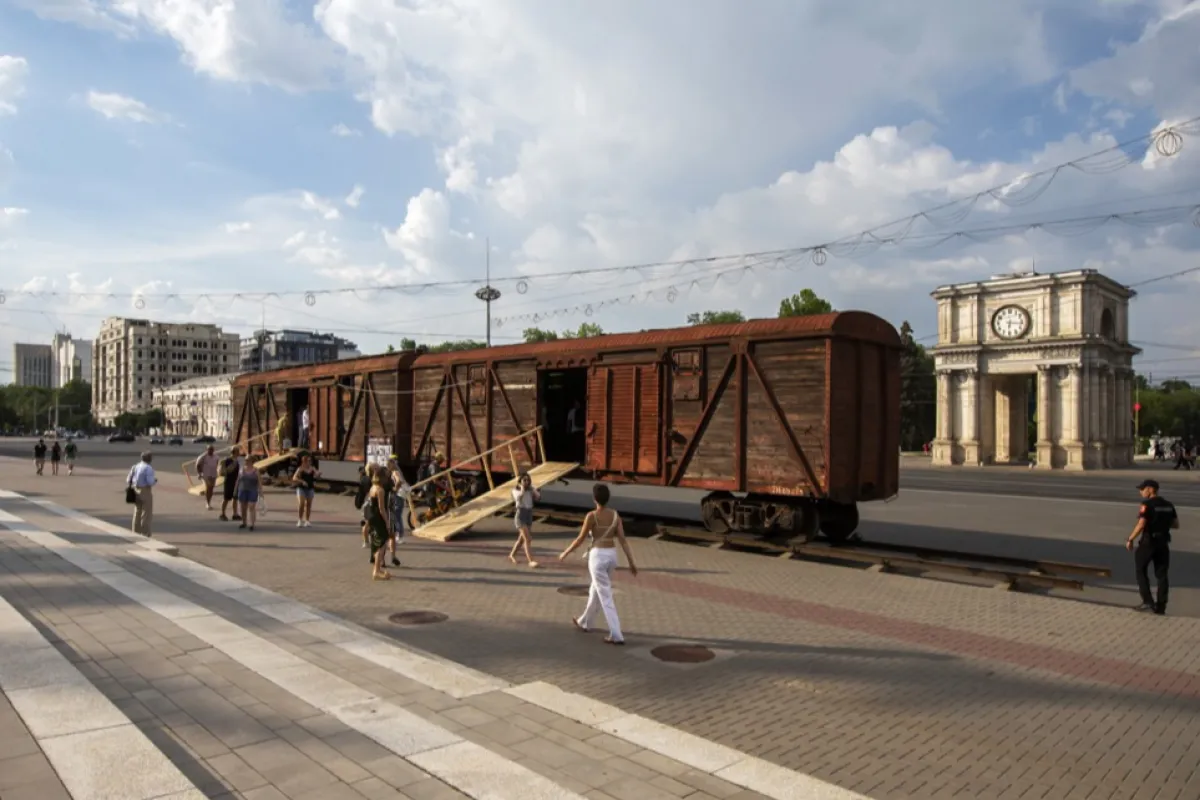
The deportation of Bessarabians in the USSR is similar to today's economic migration, according to a narrative that tries to trivialize one of the great Stalinist crimes.
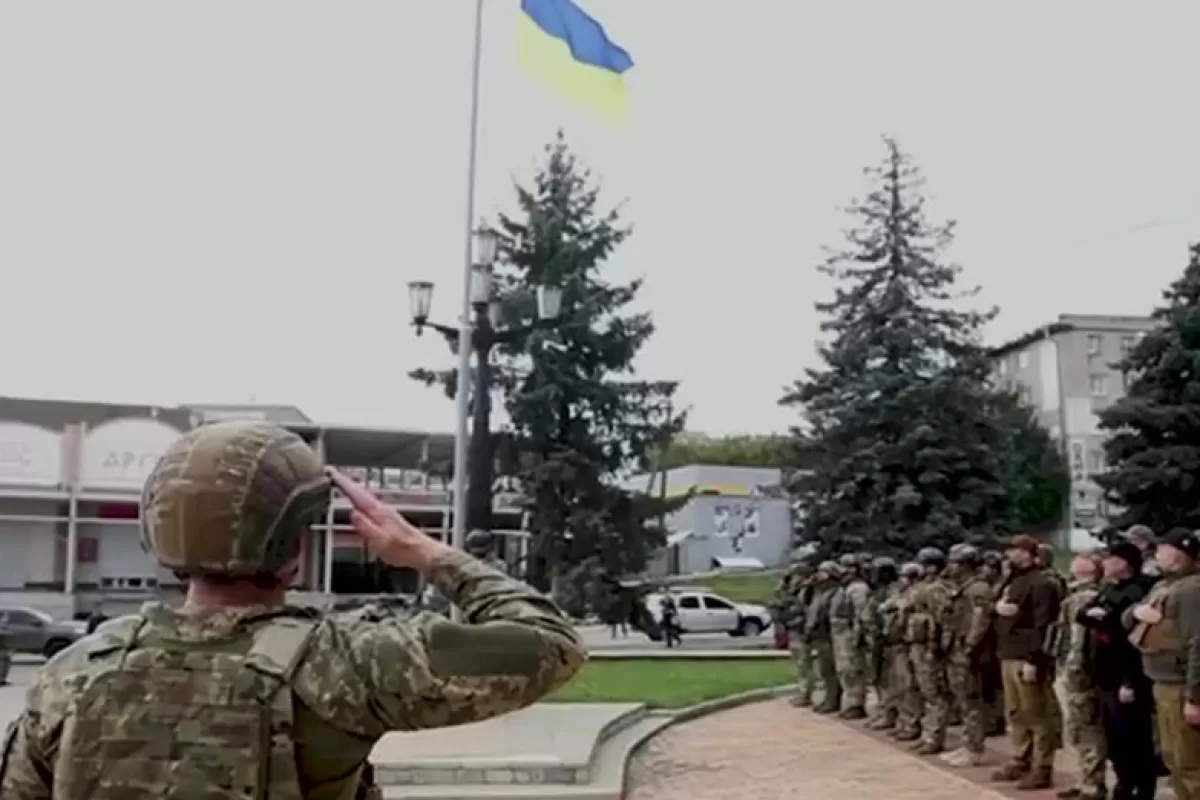
The successful counteroffensive of the Ukrainian armed forces in the Kharkiv region was not just the result of good tactical planning, but also a consequence of pro-Ukrainian sentiment at society level, determined by the country’s history, its invaluable cultural legacy and the positive experience of the first two phases of fighting off the Russian aggression.

The population of the Republic of Moldova would have been illiterate, forced to serve Romanians, had its territory remained part of Romania, reads a false narrative launched by a pro-Russian publication. The narrative was launched after a settlement in the Republic of Moldova commemorated the Romanian servicemen killed in World War II.

The famine in Bessarabia was not organized by the Soviet regime, it was a consequence of the drought and the local authorities’ lack of action, and Moscow helped Moldavians. The false narrative appears in an online publication close to the Kremlin, and the purpose is to exonerate the totalitarian Soviet regime, which imposed itself through terror.
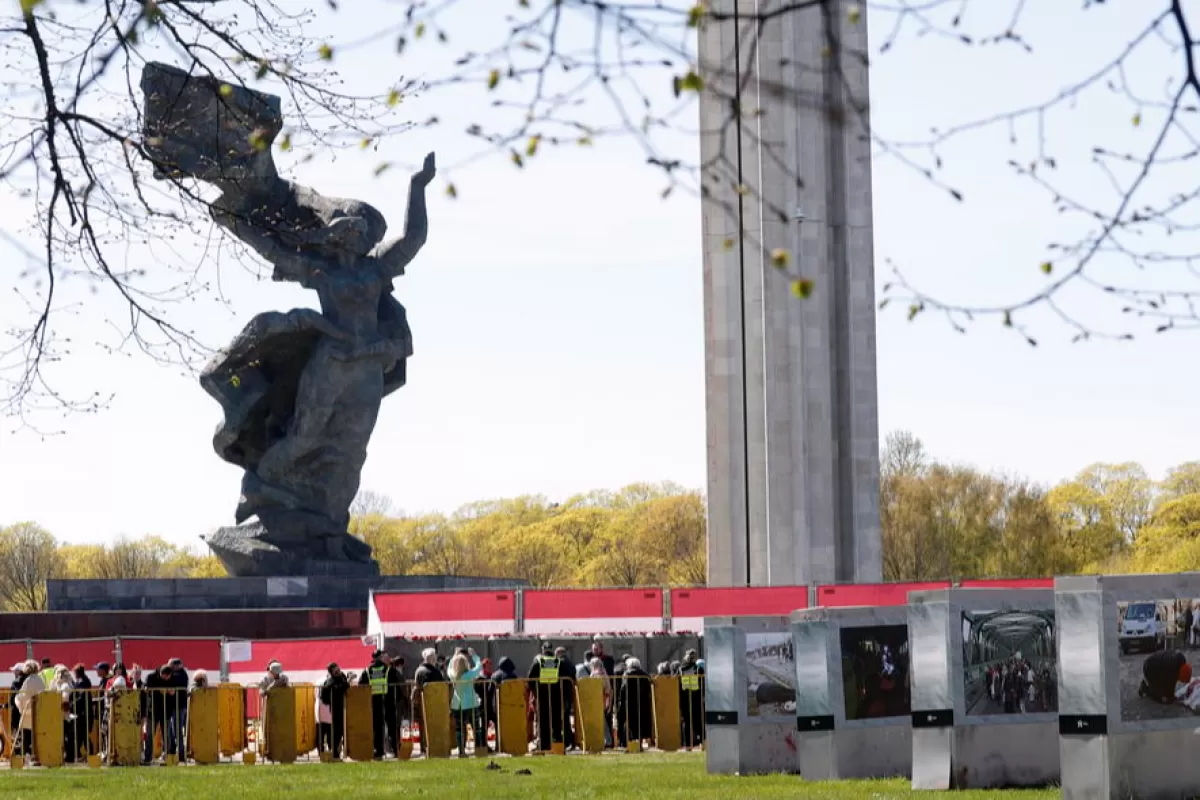
Respected and hated. Saw a lot of flowers, but was also cursed and even blown up. That’s the fate of the Monument of Victory in Riga which is, probably, going to be demolished as a consequence of Russia’s large scale invasion of Ukraine. Hundreds of other Soviet era monuments may soon follow
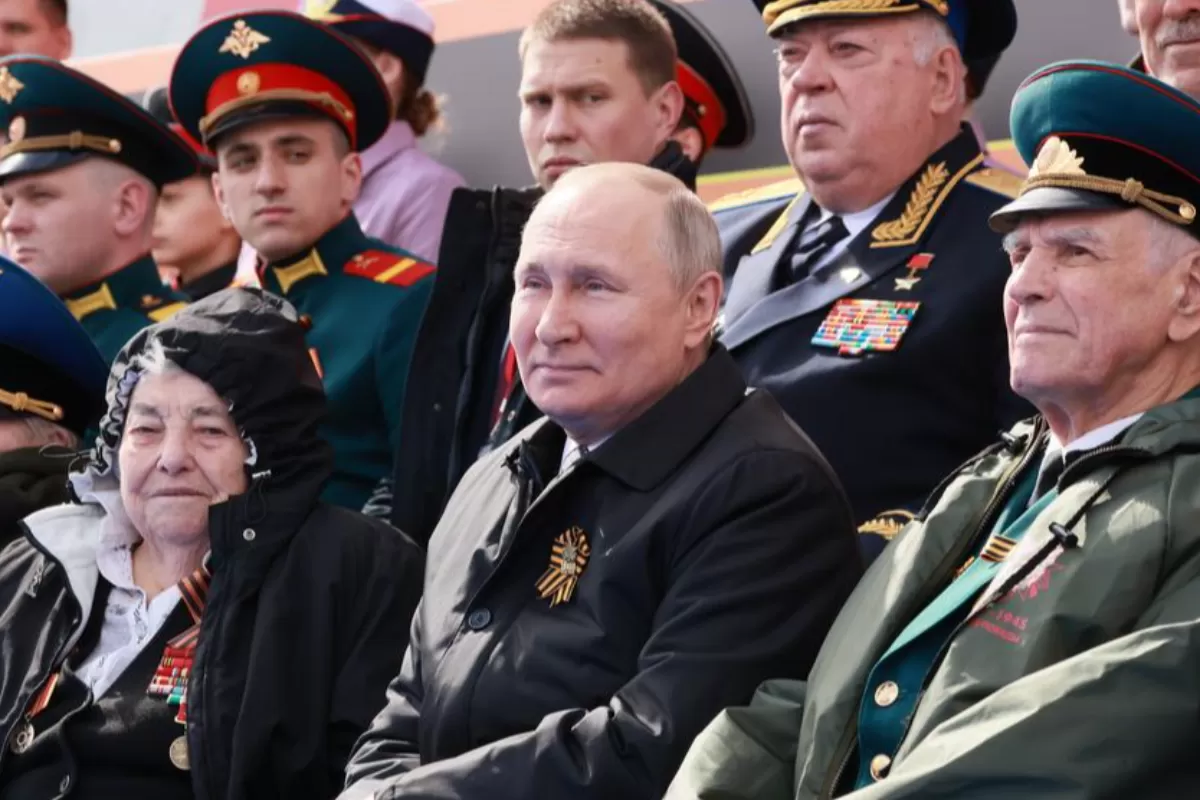
Outside Russia, Moscow’s representatives and supporters tried to mark Victory Day in ex-Soviet and ex-communist countries, but in most cases, their actions were overshadowed by protest actions against Russia’s acts of aggression or demonstrations of solidarity with Ukraine. Veridica’s contributors in ex-Soviet and ex-communist states have closely followed May 9 celebrations.

May 9 was a much anticipated event in Chișinău: a recent law forbids the public display of symbols associated with the Russian army and the invasion of Ukraine – the ribbon of Saint George and the letters Z and V. Previously, pro-Russians had announced they would ignore the law. Fears were running high that public unrest might break out. That wasn’t the case, and the demonstration actually resembled a display of communist nostalgia rather than an act of solidarity with Russia.

Moldovans must be grateful to the USSR because they were liberated in 1945 and were later able to found a state. The narrative, launched after the Republic of Moldova banned symbols associated with the Russian army and the invasion of Ukraine, ignores the fact that the USSR was an aggressor at the beginning of World War II, and at the end of it became an occupying power.